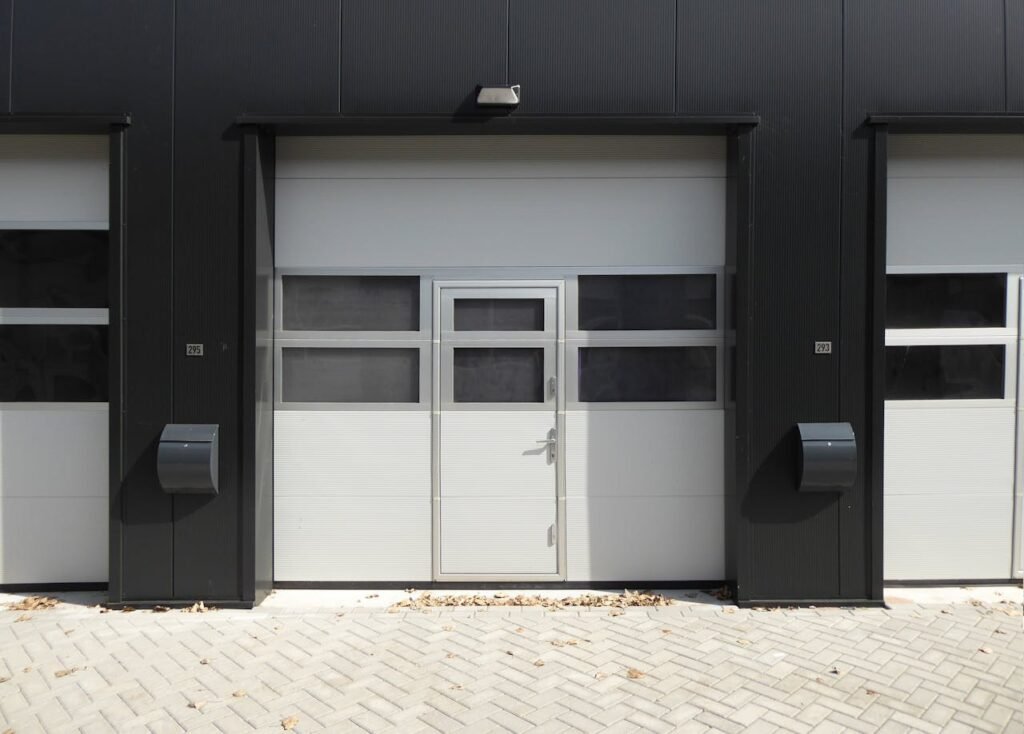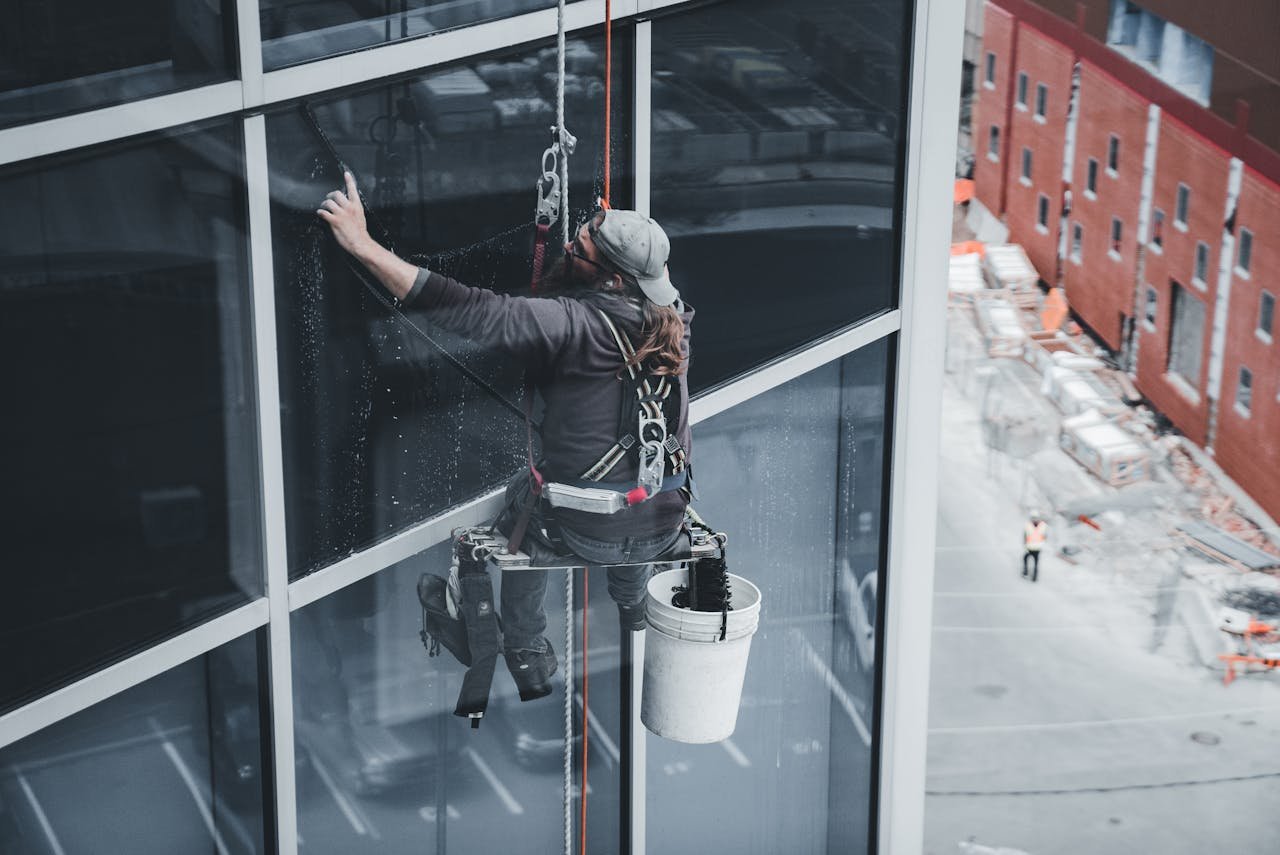Finding the right place to keep your belongings can be a challenge, especially when you have limited space at home. Whether you need extra room for seasonal decorations, furniture, or business inventory, renting a unit can provide a secure and convenient solution. However, not all facilities offer the same level of security, pricing, or accessibility. It’s important to know what to look for to avoid unnecessary costs or issues before making a decision.
In Bossier City, LA, many homes have an average size of about 1,714 square feet. As families grow or accumulate more possessions, space often becomes an issue. According to recent data, around 11% of households in the area use rented units to store extra items. The increasing demand[SA1] has led to a surge in available facilities, but not all provide reliable service.
This article will help you choose the right unit for your storage needs.
Determine Why You Need a Storage Unit
Before choosing a unit, think about why you need one. Some people rent space to store furniture during a home renovation, while others need long-term solutions for business inventory. If you’re downsizing, you may need a unit for extra household items. Deciding on the purpose helps you choose the right size and features. A climate-controlled unit might be necessary if you plan to store delicate items. On the other hand, short-term renters may only need a basic unit with easy access. Understanding your needs will help you find the best fit.
Choose a Convenient and Secure Location
Selecting a facility close to your home or workplace can make it easier to access your belongings when needed. It’s also important to check for security measures, such as gated access, surveillance cameras, and well-lit areas. For those looking for reliable facilities for self-storage Bossier City LA has many options. Trusted options like Best Yet Storage offer 24/7 security monitoring, easy drive-up access, and climate-controlled units to protect your valuables. Their convenient location ensures quick access to your items without compromising safety.
Decide on the Right Storage Unit Size
Choosing the right size is crucial to avoid overpaying for extra space or cramming items into a unit that’s too small. Facilities usually offer a range of sizes, from small lockers to large garage-sized spaces. Consider how many items you need to store and whether you’ll need room to move things around. A medium or large unit may be necessary if you plan to store large furniture or multiple boxes. Checking size guides can help you estimate how much space you require.
Consider Climate-Controlled Units
Certain items, such as electronics, documents, and wooden furniture, can be damaged by extreme temperatures and humidity. In hot summers or fluctuating weather conditions, climate-controlled units protect against heat, moisture, and mold. These units maintain a stable environment, preventing damage over time. If you’re storing valuable or fragile items for an extended period, it’s worth investing in climate control to keep them in good condition.
Check the Security Features of the Facility
Security should be a top priority when selecting a storage facility. Look for features such as gated access, surveillance cameras, and individual unit locks. Some facilities also have on-site staff who monitor activity to prevent theft. Knowing your belongings are safe, a well-secured facility will give you peace of mind. Before committing to a rental, ask about security policies and access hours. This ensures that only authorized individuals can enter the premises, reducing the risks of unauthorized access.
Compare Short-Term vs. Long-Term Rental Options
Before renting a unit, consider how long you’ll need it. Some people only require short-term storage while moving, renovating, or traveling. Others need a long-term solution for business supplies, seasonal decorations, or household items they don’t have space for at home. Many facilities offer month-to-month rentals, which provide flexibility if you’re unsure how long you’ll need the unit. However, long-term contracts may come with discounts if you plan to store items for an extended period. Understanding your rental needs in advance can help you find the best deal.
Look for Additional Amenities and Services
Some storage facilities provide extra features that make accessing and managing your unit easier. For example, 24-hour access allows you to retrieve your belongings at any time, while drive-up access makes loading and unloading more convenient. Other helpful amenities include on-site moving supplies, carts, and moving truck rentals. If you need frequent access to your unit, choosing a facility with these additional services can save you time and effort. Before renting, ask what features are available and whether they come with extra costs.
Compare Costs and Understand Fees
Pricing varies depending on unit size, location, and features. Some units cost more because of climate control or 24/7 security. It’s important to compare prices from different facilities to find an option that fits your budget. Watch out for hidden fees, such as administrative costs, late payment charges, or required insurance policies. Some facilities offer discounts for first-time renters or prepaid contracts, so be sure to ask about promotions before signing a rental agreement.
Read Customer Reviews and Facility Ratings
Customer reviews can provide valuable insight into a facility’s quality. Look for cleanliness, security, customer service, and ease of access feedback. A well-maintained facility with positive reviews is more likely to meet your expectations. If possible, visit the facility in person before renting a unit. This allows you to check the condition of the property, security measures, and customer service. A quick tour can help you confirm whether the facility meets your needs.
Understand Storage Unit Insurance and Policies
Many storage facilities require tenants to have insurance. This helps protect stored items from potential risks like theft, fire, or water damage. Some facilities offer insurance as part of their rental agreement, while others require you to provide coverage through your homeowner’s or renter’s policy. In addition to insurance, make sure you understand the facility’s policies on payment, access hours, and prohibited items. Knowing these details in advance can prevent future issues and ensure a smooth rental experience.
Choosing the right storage unit requires careful planning. By considering factors like size, security, rental terms, and costs, you can find the best solution for your needs. Taking the time to research and compare different facilities will help you make an informed decision. With the right unit, you can ensure your items are stored securely and conveniently.
[SA1]Reference: https://www.neighbor.com/storage-blog/self-storage-industry-statistics/













